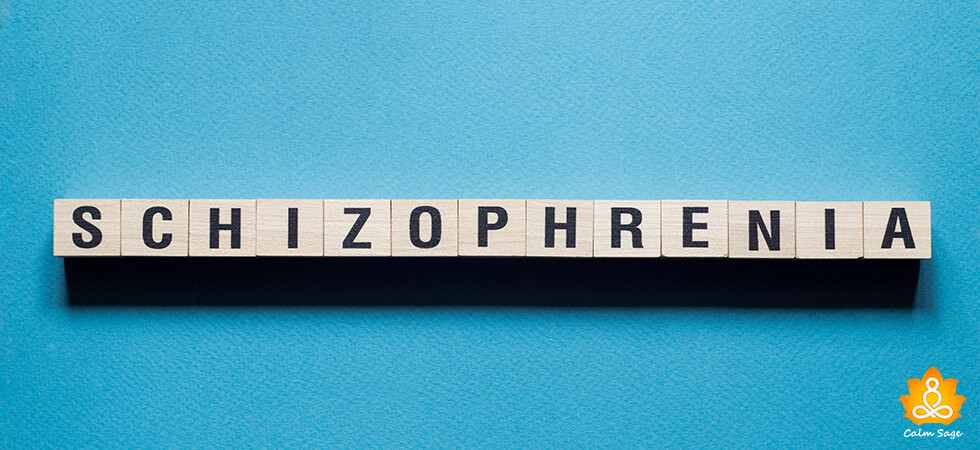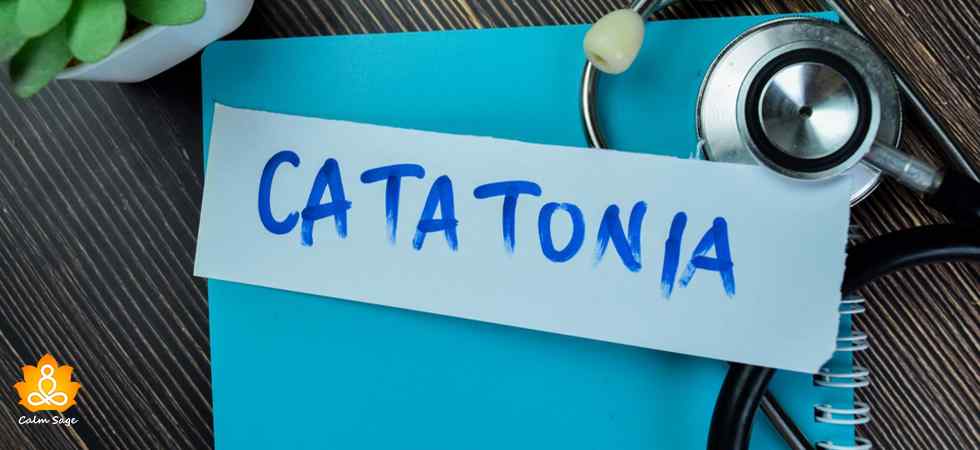Understanding The Active Phase Of Schizophrenia: Acute Schizophrenia

Generally, there are three phases of schizophrenia, the prodromal phase, the acute or active phase, and the residual or recovery phase of schizophrenia. Acute schizophrenia is an active stage of schizophrenia wherein the symptoms are more intense and severe.
This means that the symptoms are more active and conspicuous. In this blog, we will learn about what is acute schizophrenia, its symptoms, causes, diagnosis, treatment, and more.
So, let’s get started!
What is Acute Schizophrenia?
Schizophrenia is a mental health condition that causes major changes in the thoughts, beliefs, behaviors, and perceptions of a person. Generally, there are three phases of schizophrenia and acute schizophrenia is classified under the active phase. The active phase of schizophrenia is classified when people experience intense, distressing, and noticeable symptoms of psychosis.
As you might know acute means severe symptoms with a sudden onset, acute schizophrenia can be defined as a phase of schizophrenia with more severe symptoms such as delusions and hallucinations. Psychologically, the beginning of acute schizophrenia can be different in males and females. Research shows that the acute phase in men begins between the age of 18-25 and in females, it can have two peaks, the mid-20s and mid30s phase.
Symptoms of Acute Schizophrenia
Symptoms of acute schizophrenia can be positive, negative, and cognitive. Let’s understand the symptoms of acute schizophrenia based on the classification:
Positive Symptoms
- Hallucinations (visual, feeling, smell, taste, and auditory)
- Delusions (fixed false opinions)
- Disorganized speech or thinking (word salad, incoherent speech, or pressured speech)
- Abnormal or odd behavior (unexplained laughing, talking to self, catatonic behavior, purposeless movements)
Negative Symptoms
- Reduced motivation
- Lack of interests
- Absence of expressions
- Alogia (speaking few words)
- Anhedonia (reduced pleasure in activities)
- Asociality (Social withdrawal)
- Avolition (Lack of goal-directed activities or lack of motivation0
- Flat affect
Cognitive Symptoms
- Memory related problems
- Rigid thinking
- The reduced processing of things
- Lack of focus
Causes of Acute Schizophrenia
Below listed are some of the possible causes of acute schizophrenia:
- Differences in brain chemistry such as the different working of neurotransmitters
- Schizophrenia can also be a genetic condition that runs in the families
- Increased substance abuse may also put a risk of developing schizophrenia
- Exposure to malnutrition or certain toxic infection could also lead to the development of schizophrenia
Other Disorders That Look Like Acute Schizophrenia
Schizophrenia is one of the most challenging mental health disorders to diagnose because the symptoms also look alike to other common mental health disorders. This often results in misdiagnosis of schizophrenia. In such cases, it’s important to connect with a mental health provider and express your feelings, behaviors, and thoughts honestly. Other mental health disorders that look like schizophrenia are:
1. Bipolar disorder
Some symptoms of acute schizophrenia look like the symptoms of bipolar disorder such as excessive talking, impulsive behavior, or sleeping excessively. During bipolar mania, hallucinations, and delusions can be commonly seen.
2. Dementia
Dementia is a chronic disorder caused by cognitive impairment. This includes symptoms such as memory loss, communication difficulties, or personality changes. Research shows that people diagnosed with schizophrenia are at great risk of dementia.
Diagnosis of Acute Schizophrenia
The sudden onset of the symptoms or severity of the symptoms related to schizophrenia helps in defining the phase of schizophrenia. The fact is that the onset can occur at any time during the teen years or early 30s.
According to the Diagnostic and Statistical Manual of Mental Disorders 5th Edition (DSM-5), an individual must exhibit more than two symptoms for at least 6 months in order to be diagnosed. And, one of the symptoms must be disorganized speech, hallucination, or delusions.
To connect with a certified and experienced mental health professional through online platforms, refer to:

Great for a large network of licensed therapists
-
$60 to $90/week, billed every 4 weeks
-
Therapy via messaging, phone, or live video chat
-
Flexible cancellation at any time
20% off your first month

Great for CBT Based therapists
-
$40/week, billed every 4 weeks
-
Therapy via messaging, phone, or live video chat
-
Specialization for CBT based Therapy
20% off your first month

Best for Treatment Plants
-
$60 to $90/week, billed every 4 weeks
-
Therapy via messaging, phone, or live video chat
-
Flexible cancellation at any time
$100 off your first month with code SPACE
Treatment of Acute Schizophrenia
There’s no cure for schizophrenia, but the chronic illness can be managed or the symptoms can be minimized with the help of:
Medication
Medications are considered to be the first-line treatment for acute schizophrenia as they help in minimizing the symptoms. Medications that are generally prescribed for treating acute schizophrenia are:
- Antipsychotic medication
- Adjunctive medications
- Electroconvulsive therapy
- Somatic medications
Therapy
Some of the common and effective therapy used for overcoming the symptoms of acute schizophrenia are:
1. Cognitive Behavioral Therapy (CBT)
CBT helps in identifying and changing negative thinking and behaviors. To know more about CBT, refer to:
All You Need To Know About CBT
2. Cognitive Remediation
Cognitive remediation therapy helps in improving memory, problem-solving skills, and attention for better everyday functioning.
3. Social Skills Training (SST)
SST is prescribed for improving interdependent and social living skills.
Other common therapies used are:
- Mentalization-based therapy (MBT)
- Group Therapy
- Support Groups
Key Takeaway: Self-Help Tips for Living Well with Schizophrenia
Below listed are some quick self-help tips to manage symptoms of schizophrenia along with therapy and medications:
- Talk openly about your feelings with professionals, loved ones, or people who support you
- Understand more about schizophrenia
- Learn about your triggers and episodes
- Stick to a treatment plan and track your progress
- Stay focused and try to achieve short goals every day
- Join a support group
- Try stress management or relaxation techniques
Related Read: How to help someone with Schizophrenia?
I hope this blog helps you understand everything you wanted to know about acute schizophrenia. Comment down and share your views on the same.
For more such content, connect with us through all social media platforms.
Thanks for reading!




















